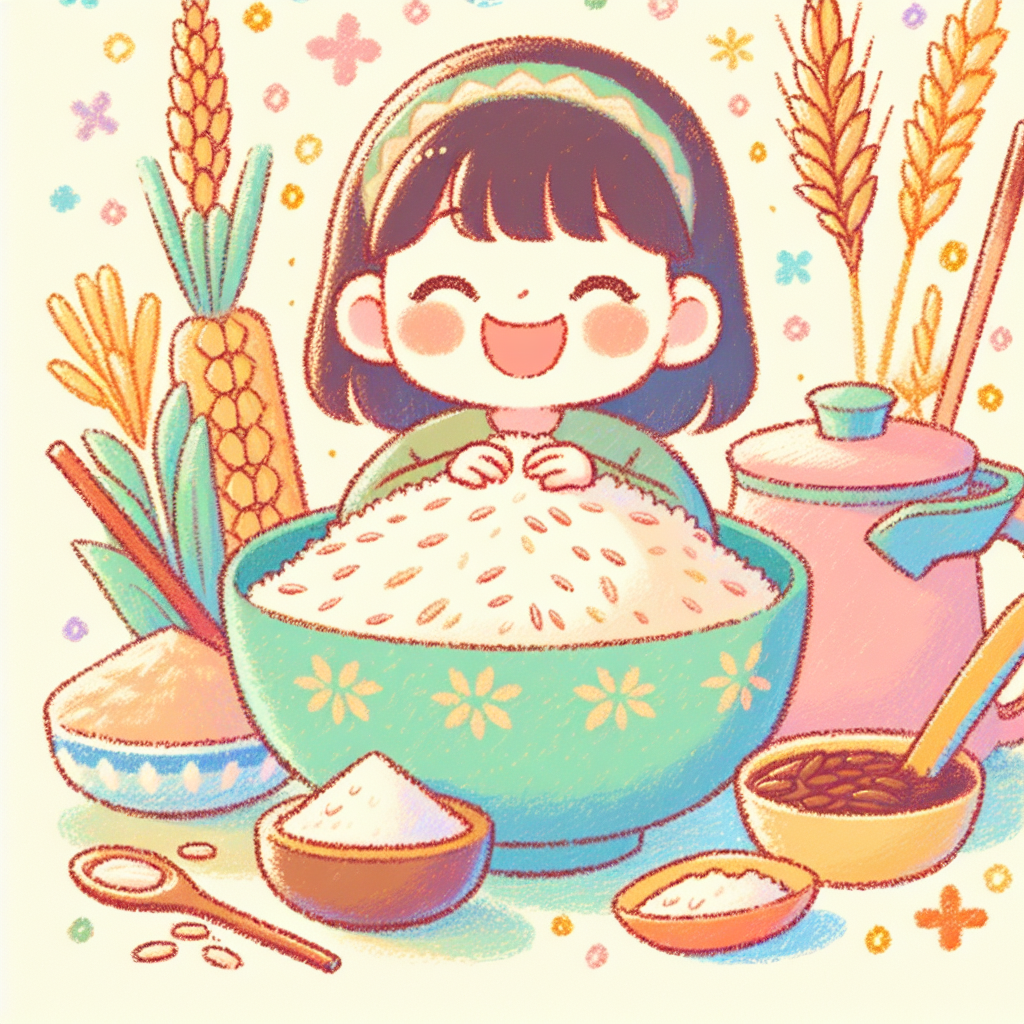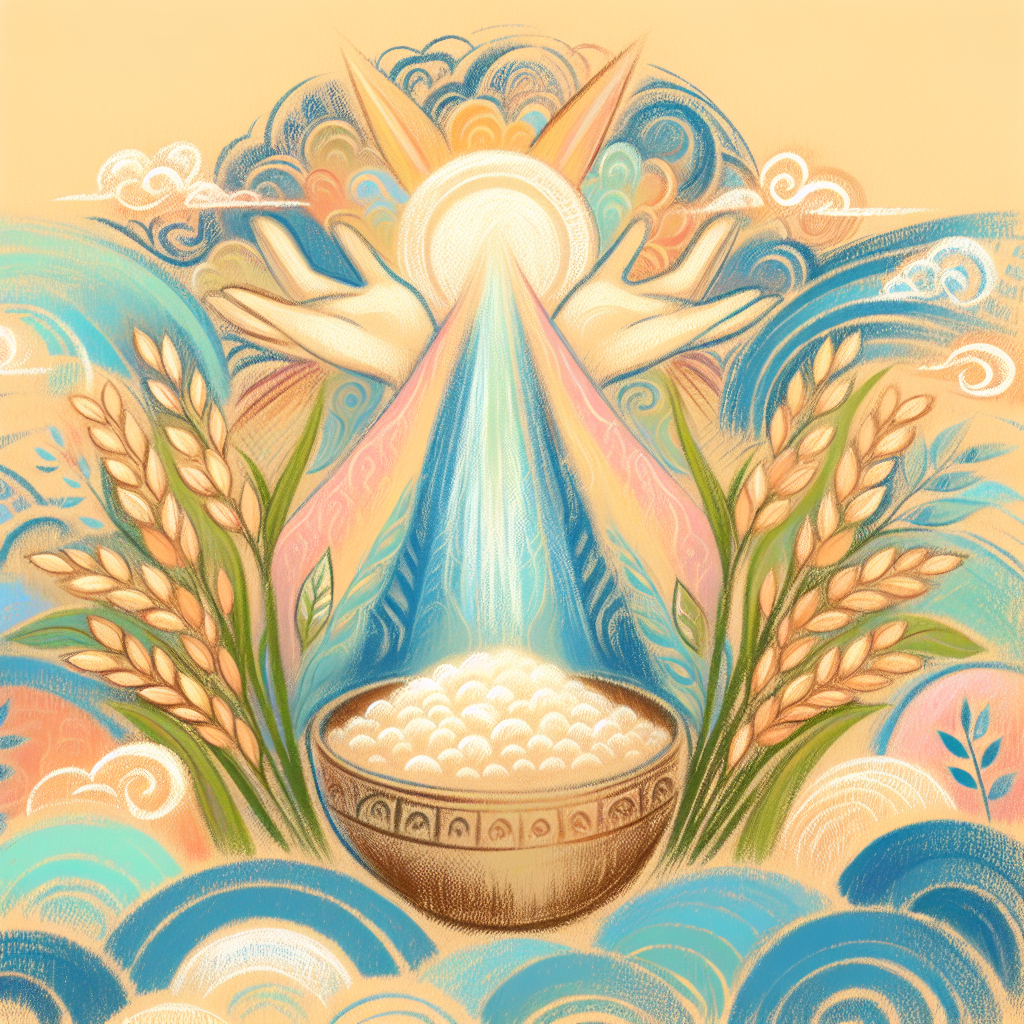The Sacred Connection: Rice and Japanese Culinary Heritage
Understanding the Divine Relationship Between Rice and Japanese Culinary Practices Rice is not just a staple food in Japanese culinary culture; it is intricately tied to the national identity and spiritual traditions of the country. From ancient times, rice has been revered as a sacred offering in various festivals and events, often referred to as “food of the gods.” This article explores the profound impact of rice on Japanese cuisine, delving into its cultivation, culinary uses, and the significant place it holds in the hearts of the Japanese people. The History of Rice and Its Role in Japanese Culture Since the introduction of rice cultivation in the Yayoi period, rice…













